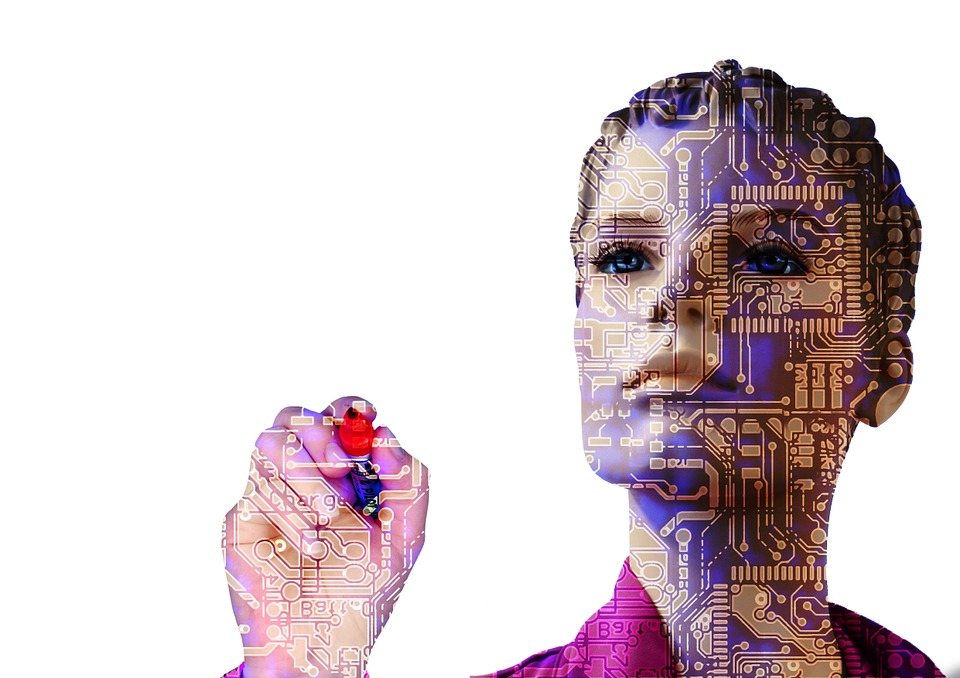This course will explore a range of key themes in digital education, and to become familiar with studying online. Students will take part in stimulating, confidence-building collaborative activities, which will be backed up with a high level of one-to-one tutor support. The course will give students the chance to engage hands-on with digital learning environments, offer practical guidance on the effective use of new technologies for learning, and also cover many of the theoretical, political and pedagogical issues which define digital education as a vibrant field of study.

Introduction to ChatGPT and its capabilities
Demonstration of how ChatGPT can be used in different classroom scenarios (e.g., language learning, writing assistance, content generation)
Hands-on exercises on how to use ChatGPT in teaching and learning
Discussion of the potential benefits and challenges of using ChatGPT in education

The expressive constructivism model of learning directs teacher towards the learner as an active, creative individual who is best served by tools for expression on the one hand and by tools for evaluation on the other.
This course will structured around ten of key features of technology that might enhance expression and evaluation. By asking whether a design for use in education exploits these features, we can evaluate design proposals or consider what might be missing when a technology does not seem to work well. The analysis also acts as a framework for decision making when comparing alternative technology choices for their likely effectiveness in learning situations.

- 教师: MillwoodRichard
The course will give an introduction to a number of related disciplines used to study contexts of AI, i.e., AI and ethics; AI and data protection and privacy; AI and data literacy; AI and competency requirements; AI and epistemology (what is truth, e.g., what is true art?); and AI and pedagogical approaches at different levels of education.

- 教师: HoelTore

